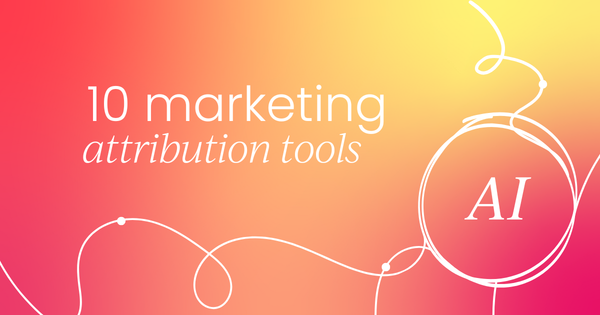Between TikTok ads, SEO, email, and influencer campaigns, figuring out what's actually driving revenue can feel like guesswork.
That’s where AI-powered marketing attribution tools come into play. After all, they help you measure and analyze complex customer journeys, as well as invest where it counts.
1. Wicked Reports
Wicked Reports is all about attributing revenue for direct-to-consumer companies. Whether you’re scaling paid media or even running a Shopify store, this tool might be helpful.
It doesn’t just look at your current revenue. It can forecast it, too. Also, you can use it to connect initial ad clicks with lifetime purchases, which shows you the campaigns that are delivering on ROI.
In addition, Wicked Reports also supports integrations with Google, Facebook, and more, and includes “first click” and “time decay” models – ideal for identifying where top-of-funnel success starts.
Key features:
- AI-driven predictive analytics
- Multi-channel attribution
- Shopify and CRM integration
- Cohort lifetime value tracking
Best for: Direct-to-consumer, ecommerce, and high-volume media spenders.
2. Rockerbox
Rockerbox is a multi-channel attribution tool that scales, built for marketing leaders managing campaigns across Google, over-the-top marketing, podcasts, email, and more – it captures both digital and offline activity.
This AI-powered tool assigns value across every touchpoint and is capable of adapting to custom attribution logic, like time-based decay or position-based models.
The platform offers real-time views of spend and performance, letting you run "what-if" scenarios to test your strategies.
Key features:
- Offline and online touchpoint tracking
- Real-time marketing mix modeling
- Customizable AI attribution logic
- Smart budgeting recommendations
Best for: Omnichannel marketers and data-driven growth teams.
3. Measured
Instead of giving every channel some credit like most multi-touch attribution platforms, Measured asks a question: “Did this campaign actually make a difference?”
It’s an AI-powered incrementality testing tool that shows what would’ve happened without the campaign, removing a lot of the guesswork and the vanity metrics from attribution.
Measured works well for paid social, Amazon ads, and walled gardens where traditional multi-touch attribution falls short.
Key features:
- AI-driven incrementality experiments
- Media mix modeling
- Cross-channel reporting
- Media plan optimizer
Best for: Brands spending heavily on Meta, TikTok, Amazon, or YouTube.
4. Dreamdata
Dreamdata is purpose-built for B2B teams with long sales cycles, since its AI maps the full journey – from first-touch to closed-won deals. It also ties each marketing asset to revenue.
The tool connects with CRMs, ad platforms, web analytics, and customer success tools, so you’ll always know whether your blog posts, LinkedIn ads, or webinars really influenced your bottom line.
Key features:
- AI-powered journey mapping
- Multi-touch B2B attribution
- Pipeline and revenue tie-ins
- Custom reporting and segmentation
Best for: B2B SaaS, account-based marketing (ABM), and RevOps.
5. Ruler Analytics
Ruler Analytics is a great choice for lead generation teams that need to connect site behavior to revenue inside a CRM.
It tracks anonymous visitors across multiple sessions and channels, then matches them to leads when they convert.
Once in your CRM (e.g., Salesforce or HubSpot), the tool syncs revenue data back to the original source, allowing for real revenue attribution. Ruler Analytics can spot patterns and missed opportunities as well.
Key features:
- Multi-touch tracking for anonymous visitors
- CRM revenue syncing
- AI-based conversion journey analysis
- Ideal for agencies and lead-gen businesses
Best for: Agencies, B2B lead gen, small to mid-size marketing teams.
6. Funnel
Funnel is more of a data hub than a full attribution tool, but it’s often used in AI attribution, as it pulls data from hundreds of marketing sources and shows them as clean, structured outputs.
With this foundation, you can run advanced AI models, including churn prediction, lifetime value forecasting, and, of course, attribution models.
Key features:
- Data normalization from 500+ sources
- Advanced measurement with AI modeling
- Supports machine learning workflows
- High flexibility for advanced use cases
Best for: Data-driven marketing ops and international brands.
7. Northbeam
Northbeam has been popular in the Shopify and direct-to-consumer space.
This is because it brings machine learning to marketing mix modeling, and helps brands understand the true impact of each channel – even post iOS (meaning it can show you how well your marketing performs even after Apple introduced the privacy changes in iOS 14.5 and beyond).
Northbeam assigns value based on the likelihood of conversion, and it’s particularly strong in areas like TikTok, Meta, and influencer campaigns.
With native integrations to Shopify, Amazon, and email platforms, it fits perfectly into modern direct-to-consumer stacks.
Key features:
- Post-iOS modeling accuracy
- Marketing mix modeling via machine learning
- Channel forecasting and scenario planning
- Strong ecommerce integrations
Best for: Direct-to-consumer brands, paid social teams, Shopify sellers.
8. Triple Whale
Triple Whale is a go-to for ecommerce brands that focus on paid media, as it helps users discover where sales are really coming from.
Its AI does more than just track clicks – it connects the dots between platforms, predicts which channels will perform best, and even auto-generates marketing insights.
Triple Whale also offers customizable dashboards, so you can monitor metrics like return on ad spend, customer acquisition cost, and lifetime value without having to change between platforms.
Key features:
- Marketing mix modeling
- Real-time performance dashboards
- iOS 14+ privacy workarounds
- Predictive analytics for ad spend
Best for: Shopify brands, paid social marketers, and fast-scaling direct-to-consumer teams.
9. Hyros
Hyros has been used by marketing leaders selling high-ticket products, coaching programs, and info products, particularly those running ad campaigns on Facebook, YouTube, and Google.
What makes this tool stand out is its AI-powered call and email tracking combined with deep funnel attribution. It tracks across phone calls, webinars, SMS, and emails, which is a huge benefit for businesses that don’t rely solely on online checkouts.
Hyros uses AI to reconstruct user journeys even without cookies.
Key features:
- Deep call, email, and funnel tracking
- AI-based user identity stitching
- Real-time ROI dashboards
- Long-tail attribution for info and coaching businesses
Best for: Coaches, info product sellers, high-ticket sales funnels, and webinar marketers.
10. Corvidae
Corvidae is one of the few attribution platforms purpose-built for the privacy-first era.
With cookies and pixel tracking becoming less reliable, Corvidae uses AI to reconstruct user journeys using server-side tracking (tracking behavior via your own server), probabilistic modeling (which identifies people based on patterns and probability), and anonymized data.
What makes Corvidae good is its ability to stitch together multi-session journeys across devices and channels, even when users don’t log in or accept tracking.
If you're marketing in regions with strict data regulations (like the EU), Corvidae offers both compliance and accuracy.
Key features:
- AI-powered cookieless attribution
- Predictive path modeling
- Privacy-first architecture (GDPR & CCPA compliant)
- Works across anonymous traffic
Best for: Regulated industries, EU-based marketers, data privacy-first orgs.
There’s no one-size-fits-all solution when it comes to the best AI-powered marketing attribution tools, as it’ll depend on your business model, tech stack, budget, and team skills, but we hope these ten options give you a headstart.
Get your AI for Marketing Leaders playbook for real-world case studies from CMOs who are successfully integrating AI, strategies for building an AI-enhanced Martech stack, and so much more.
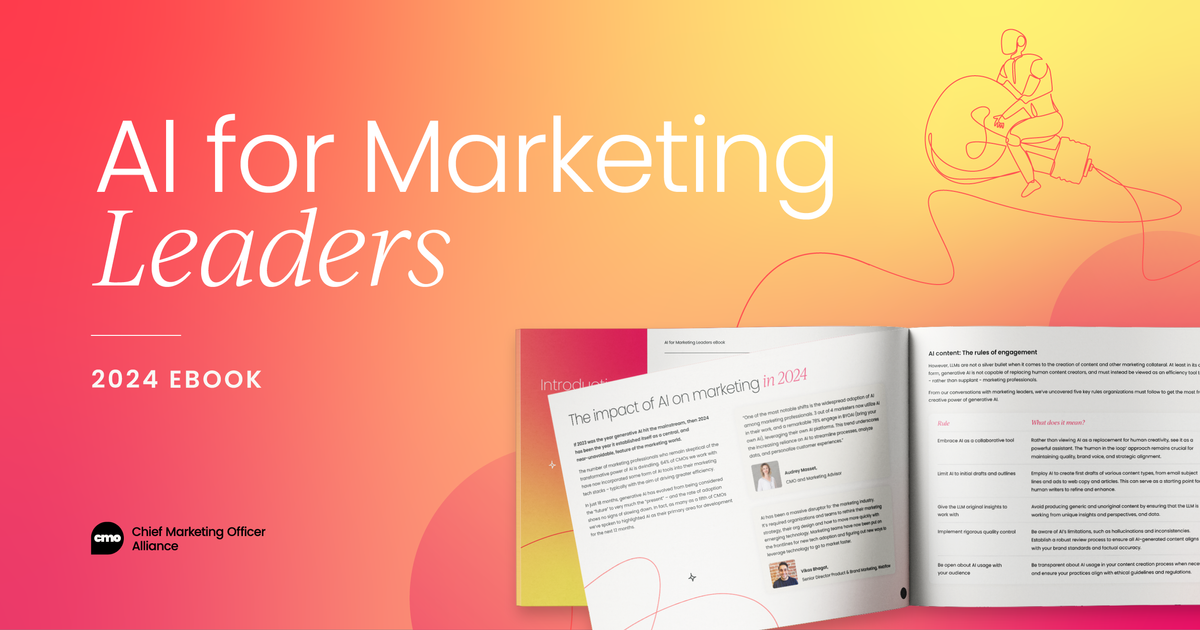






.png)


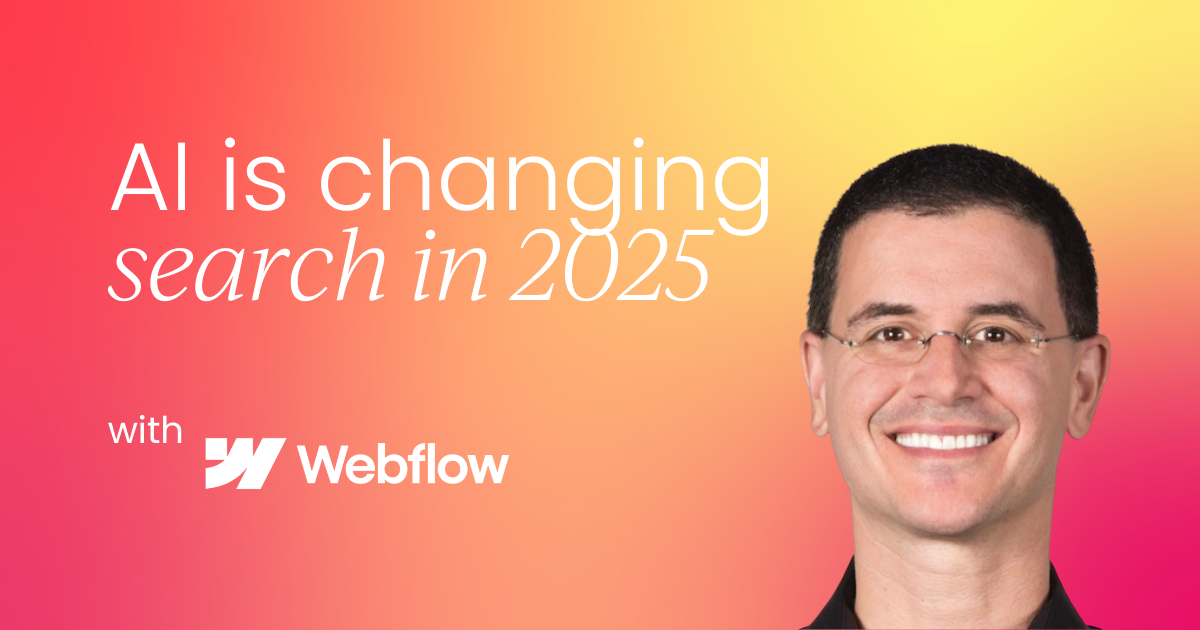
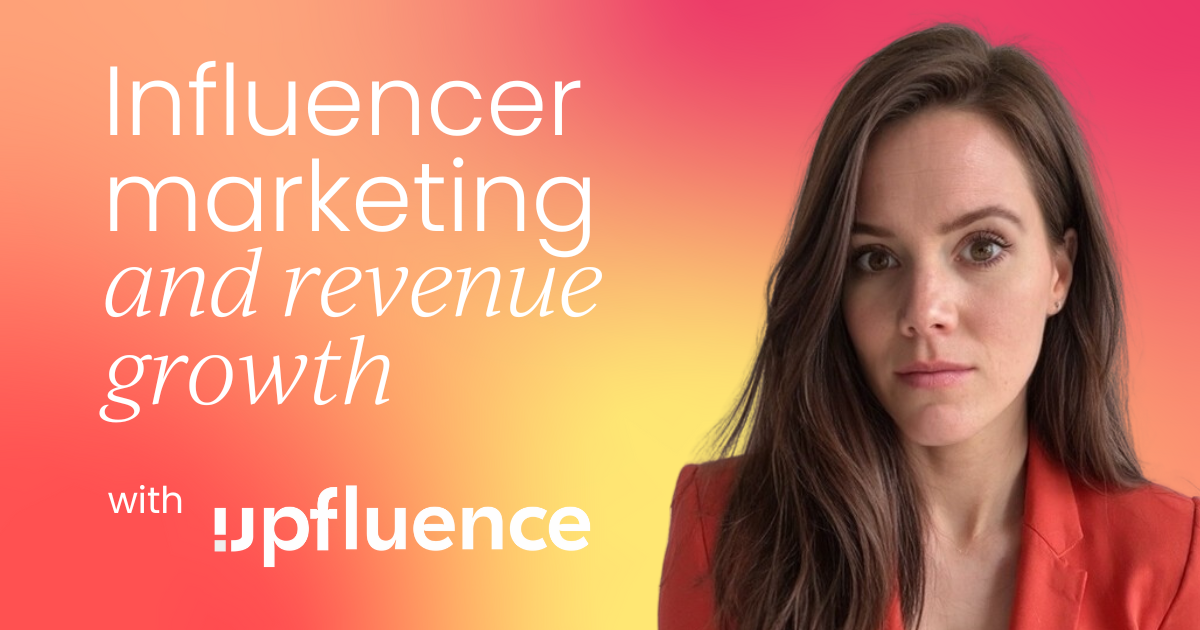
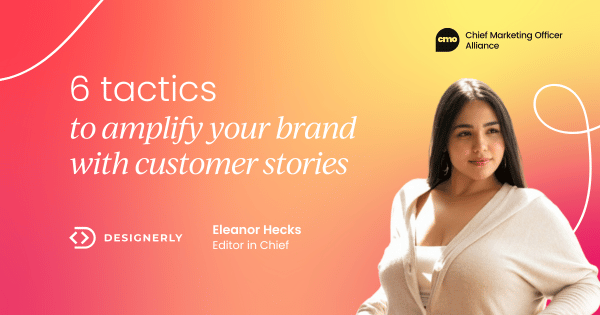




 Follow us on LinkedIn
Follow us on LinkedIn


